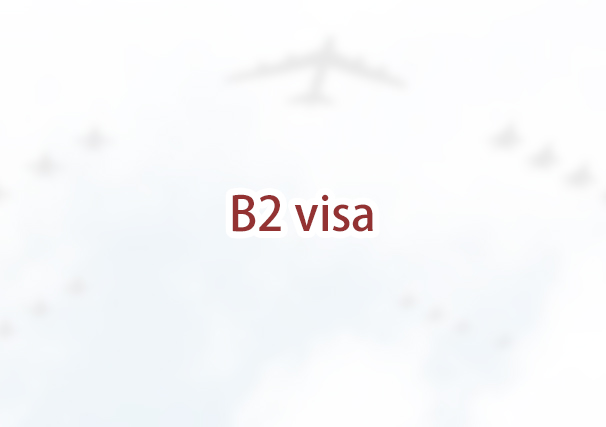
Question: I live in Canada. My husband is a U.S. citizen and lives in the U.S. He filed Form I-130 to apply for an immigrant visa for me. The immigration process is taking a very long time. Can I apply for a visitor visa and travel to the U.S. while my immigrant visa application is pending?
Answer: You can apply for a visitor visa while your I-130 application is pending. But there is a risk that the U.S. Consulate will deny your application for a visitor visa. A B2 tourist visa is a nonimmigrant visa. By submitting Form I-130, you are applying for an immigrant visa. If the U.S. consulate believes that you are applying for a B2 visitor visa for the purpose of immigrating to the U.S., the consulate will deny your application for a tourist visa. Applying for a tourist visa will not affect your application for an immigrant visa.
You can increase your chances for obtaining a B2 tourist visa if you can prove that you fully intend to depart the U.S. on time. You can prove this by purchasing a round trip airline ticket. You can also provide a letter from your employer explaining that you are taking a vacation, and that your employer fully expects you to return to work. You should provide proof that you own or rent a home in your country. You can also provide proof of assets is your country. By providing this evidence, you are showing that you still have connections to your country and intend to return to your country at the end of your trip.
You should also show that you have sufficient funds to pay for your living expenses while you are in the U.S. If you cannot pay for all the costs for your trip, you can show evidence that another person will cover some or all costs of your trip.
Will I have to attend an interview?
Yes. After you apply for a B2 tourist visa, a consular officer will interview you to determine whether you are eligible to receive a visa. You must establish that you meet the requirements under U.S. law to receive a visa.
Even if the consular officer believes that you intend to return to your country and issues you a visa, this does not guarantee your entry into the United States. When you arrive at the U.S., U.S. Customs and Border Protection (CBP) officials at the port-of-entry will decide whether to allow you to enter the U.S. If Customs believes that you do not intend to return to your country, Customs may refuse to let you enter the U.S.
What if my husband in the U.S. is sick and needs me to stay longer to take care of him?
If an unexpected event occurs after you enter the U.S., you can apply to extend your nonimmigrant status in the U.S. If you do not leave the U.S. on time and do not timely file for an extension of your status, you will be considered “out of status” and might also be barred from returning to the U.S. in the future.

ImmiFree.Law is The Harrison Law Firm P.C.’s online platform to make the family immigration and naturalization process more efficient, accurate, and affordable. Baya Harrison, Esq. is an attorney licensed in New York, Florida, and California. Attorney Harrison has helped numerous individuals and families navigate the U.S. immigration process, specifically family-based petitions and naturalization.